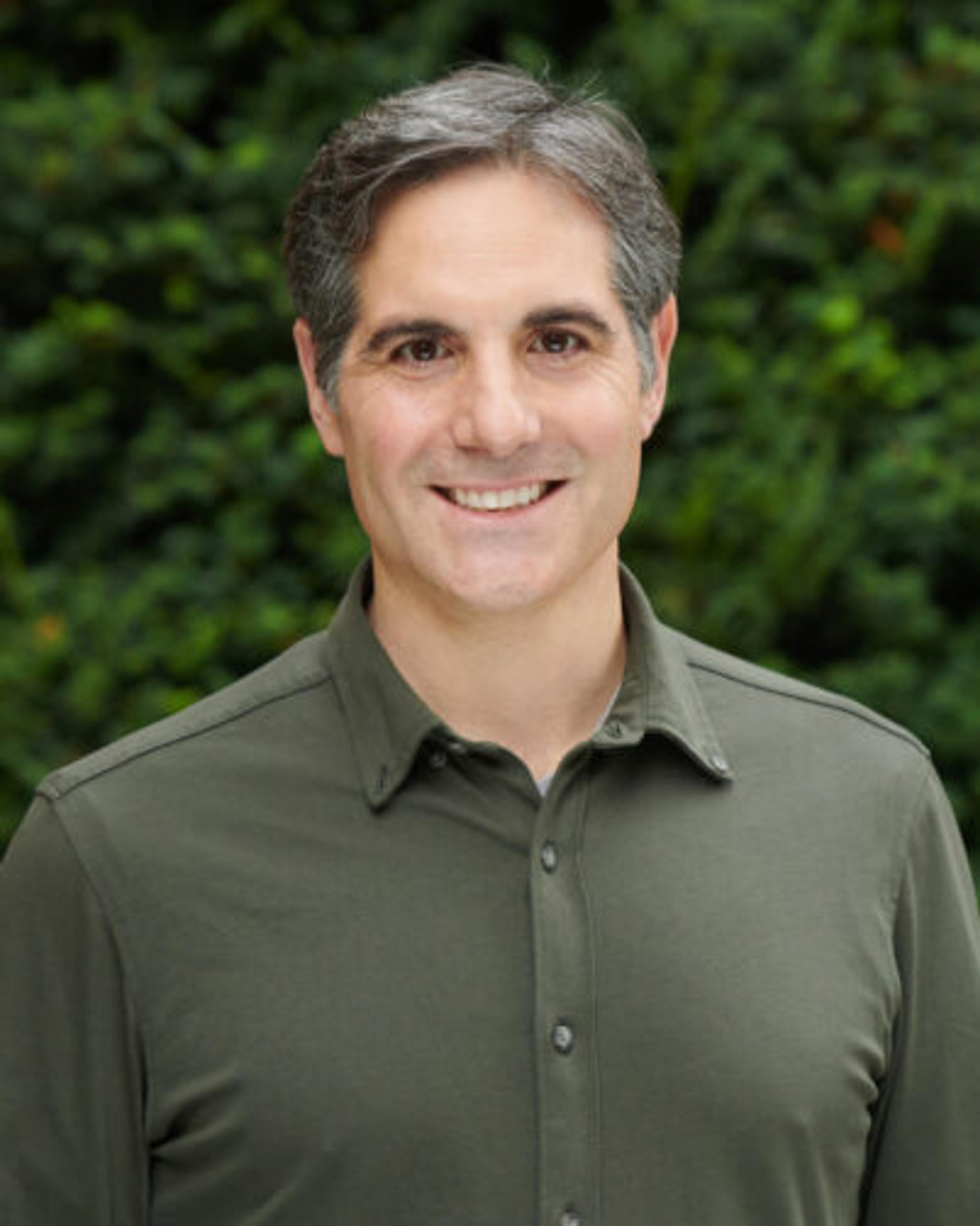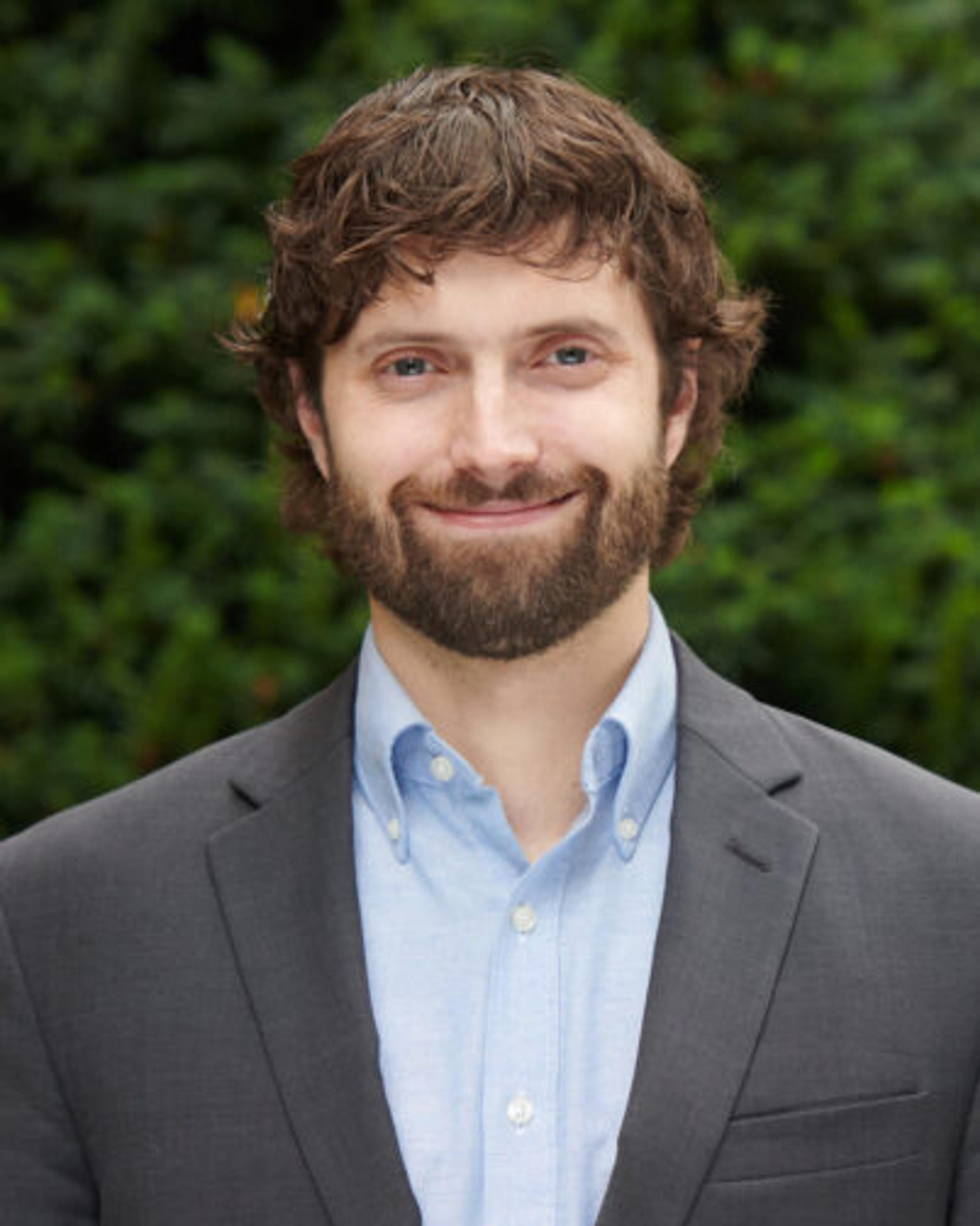
Longview Philanthropy
Nuclear Weapons Policy Fund
The Nuclear Weapons Policy Fund seeks to reduce the risk of nuclear war by funding promising projects, such as those that increase understanding of the new nuclear risk landscape, identify effective risk-reduction strategies, inform policymakers about how to tackle the persistent risks from nuclear weapons, and strengthen the capacity of the field.

What problem is the Nuclear Weapons Policy Fund working on?
Longview has shared the following about the Nuclear Weapons Policy Fund:
The Nuclear Weapons Policy Fund focuses on the highest-leverage interventions to reduce risks from nuclear arsenals. The fund promotes a nuanced, pragmatic approach that prioritises worst-case scenarios involving major nuclear powers. The Longview’s Nuclear Weapons Policy Fund aims to:
- Oppose destabilising systems, disincentivizing preemptive strikes.
- Prevent a spiralling arms race, reducing the risk of deterrence failure.
- Mitigate unintended escalation of conflicts into nuclear war.
- Build a shared understanding of the new nuclear risk landscape.
A nuclear war, by accident, miscalculation, or deliberate use, could lead to as much carnage in the first few days as all of World War I or II. Billions more could be threatened by second-order effects: radioactive fallout, the collapse of critical infrastructure, and mass famine. The ensuing chaos could irrevocably destabilise civilization and send humanity down a dark path.
Thousands of nuclear weapons remain ready to launch in minutes. Recent trends are troubling:
- A conventional war in the nuclear shadow: Many experts believe the war in Ukraine marks the highest period of nuclear risk since the Cuban Missile Crisis.
- A looming three-way arms race: All nuclear arms control treaties between the U.S. and Russia have ended or been suspended without replacement. China could triple its arsenal to 1,500 warheads by 2035. All sides are developing new nuclear delivery systems which make inadvertent escalation more likely.
- New risks from new technologies: Advances in the speed and accuracy of weapons systems and increased reliance on digital systems creates entanglement between conventional and nuclear systems. Artificial Intelligence could further complicate the decision making. In a “digital fog of war” leaders will face high-stakes decisions under uncertainty, and may believe their only option is to act first. Technological change is not inherently destabilising but must be better managed to avoid false alarms and inadvertent nuclear escalation.
- Nuclear philanthropy is neglected: despite the extreme risk and the historic role of philanthropy in reducing nuclear risk, only about 0.005% of philanthropy focuses on this issue. In 2020, the largest funder in the field decided to wind down its work, cutting the field’s funding in half. Longview believes the nonprofit sector is fragmented, chasing an array of nonproliferation and disarmament goals instead of stringently prioritising in the face of diminished resources.
What projects does the Nuclear Weapons Policy Fund support?
The Nuclear Weapons Policy Fund will identify and support projects to help reduce the risk of nuclear war. In particular, the fund supported work that aims to:
- Increase understanding of the new nuclear risk landscape such as through wargames and forecasting with experts and policymakers.
- Identify effective risk-reduction strategies, such as efforts to avoid inadvertent escalation and approaches to managing the highest-risk weapon systems.
- Inform policymakers around the world of hot topics such as securing nuclear systems against unauthorised launches and recent developments in China’s coastal waters.
- Strengthen the capacity of the field by running fellowships and helping key organisations sustain and scale their work.
What information does Giving What We Can have about the cost-effectiveness of the Nuclear Weapons Policy Fund?1.
The Nuclear Weapons Policy Fund would have previously qualified for our list of recommendations because it is managed by the impact-focused evaluator Longview Philanthropy. We’ve since updated our recommendations to reflect only funds managed by grantmakers we’ve looked into as part of our 2023 evaluator investigations, and we haven't (yet) done this for Longview's Nuclear Weapons Policy Fund specifically. As such, we don't currently include this fund as one of our recommended programs but you can still donate to it via our donation platform.
At Giving What We Can, we focus on the effectiveness of an organisation's work -- what the organisation is actually doing and whether their programs are making a big difference. Some others in the charity recommendation space focus instead on the ratio of admin costs to program spending, part of what we’ve termed the “overhead myth.” See why overhead isn’t the full story and learn more about our approach to charity evaluation.
Fund Managers
The fund's grantmaking will be informed by all of Longview's work, and therefore everyone in their team plays a role. The fund managers are:

Carl Robichaud
Nuclear Weapons Policy Programme Director
Carl leads Longview’s programme on nuclear weapons policy and co-manages Longview’s Nuclear Weapons Policy Fund. For more than a decade, Carl led grantmaking in nuclear security at the Carnegie Corporation of New York, a philanthropic fund which grants over $30 million annually to strengthen international peace and security. Carl previously worked with The Century Foundation and the Global Security Institute, where his extensive research spanned arms control, international security policy, and nonproliferation.

Matthew Gentzel
Nuclear Weapons Policy Programme Officer
Matthew conducts grant investigations for Longview’s programme on nuclear weapons policy and co-manages Longview’s Nuclear Weapons Policy Fund. His prior work spanned emerging technology threat and policy assessment, with a particular focus on how advancements in AI may shape the future of influence operations, nuclear strategy, and cyber attacks. He has worked as a policy researcher with OpenAI, as an analyst in the US Department of Defense’s Innovation Steering Group, and as a director of research and analysis at the US National Security Commission on Artificial Intelligence. Matthew holds an MA in strategic studies and international economics from Johns Hopkins SAIS and a BS in fire protection engineering from the University of Maryland.